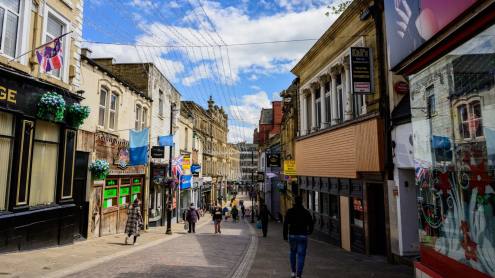In the late 1990s, work began on a project to make UK payments faster — that is, to ensure access to funds within a couple of hours of any payments being made, rather than several days. This resulted in the launch of the UK Faster Payments Service (FPS) in May 2008, one year after Apple launched the iPhone. FPS reduced payment times from days under the older BACS system to typically a few seconds.
A decade-long domestic project involving myriad government task forces, trade and regulatory bodies, incumbent banks and infrastructure providers became what is widely believed to be the first truly 24/7, 365 days a year, real-time payment system in the world.
Today, almost 14 years later, everything from socks to high-end household appliances can be bought and paid for online in seconds. Modern payment rails, which enable real-time clearing and settlement, is a requirement of our modern, digital age. Remembering a time when payments could take days is like trying to recall what it was like to travel via a horse and carriage.
Those involved in the creation of the UK’s FPS claim no one predicted how integral real-time payments would become in global commerce, the volume experienced nor the international expansion.
According to statistics from global financial technology provider FIS, 72% of the world has access to instant payments, with 60 countries offering real-time payment schemes today.
The question is: did UK Faster Payments change the world, or did the UK find itself in the fortuitous position as infrastructure pioneers for our current digital age?







